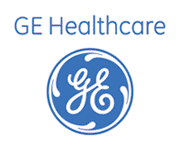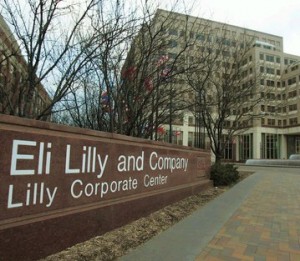 NEW YORK GE Healthcare said Wednesday it plans to expand a cancer drug research partnership with Eli Lilly & Co., making a two-year-old partnership official in the process.
NEW YORK GE Healthcare said Wednesday it plans to expand a cancer drug research partnership with Eli Lilly & Co., making a two-year-old partnership official in the process.
General Electric Co. CEO Jeffrey Immelt also said the health care unit will set aside $250 million for investments in partnerships with health care information technology and diagnostics companies. In addition, the Fairfield, Conn., company purchased certain assets of privately held magnetic resonance imaging scanner maker ONI Medical Systems Inc.
GE said Wilmington, Mass.-based ONI’s products are designed to scan the extremities rather than a patient’s entire body. The deal, terms of which were undisclosed, is expected to close before the end of 2009.
 GE and Eli Lilly announced the health care initiatives in New York.
GE and Eli Lilly announced the health care initiatives in New York.
GE said it plans to rework its U.S. employee health care plan to emphasize preventative care, the first such changes to the benefit plan in more than 20 years. GE said it will improve access to fitness centers and offer rewards for healthy lifestyle choices. Other companies have instituted similar plans, but GE could be the largest, as the change will apply to all 75,000 of its salaried U.S. employees.
The collaboration with Eli Lilly of Indianapolis is focused on scanning cancer cells to determine which drugs will and won’t work by reading proteins in tumors. GE said it developed staining technology that can be used and washed out multiple times to find dozens of proteins inside a cell, and determine their location. That data is then scanned by computer.
The technology has been tested on prostate and colon cancer so far, but not used on humans in clinical studies.
Lilly said the staining and scanning technology give a far more precise picture of the makeup of the tumor, and said it could be used to diagnose cancer types, identify the best treatment for patients, refine and speed up clinical testing, and measure a patient’s response to a drug regimen.
Richard Gaynor, Eli Lilly’s vice president of cancer search and oncology, said the company hopes to use the technology in clinical trials starting next summer, speeding up trials of drugs for breast, ovarian and lung tumors and potentially gastric tumors. Gaynor believes the first applications would be in diagnosis and treatment.
If the partnership pays off it could have multiple benefits for Lilly. The company has launched only one drug since 2005, but it acquired dozens of potential cancer treatments last year by buying ImClone Systems. Lilly is also looking to cut costs, and in September, it unveiled a plan to reduce its spending by $1 billion per year.
GE said it may offer the technology to other biotech companies at a later date.
